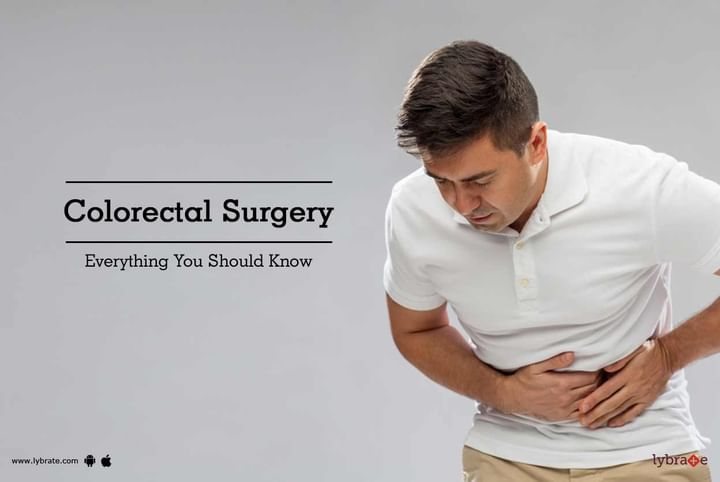Colorectal Surgery: Everything You Should Know
Colorectal surgery is performed to repair damages that occur in the organs of the anus, rectum, and colon. The damage that takes place in these organs can be the result of problems with lower GI like diverticulitis (a condition wherein pouches known as diverticula in the colon wall become inflamed), cancer and inflammatory bowel disease (a group of intestinal disorders that bring about inflammation of the GI).
Who needs this surgery?
In general, colorectal surgery is an essential treatment option for ulcerative colitis, colorectal cancer, Crohn's disease (an inflammatory bowel disease that gives rise to inflammation of the gastrointestinal tract) as well as certain diverticulitis cases. In such cases, the intestinal tract undergoes major reconstruction.
There are also other bowel problems that may require surgery but not of a serious nature and these are anal fissures, hemorrhoids, bowel incontinence and rectal prolapse. Most of the surgical procedures will aid in repairing tears, get rid of blockages, or make tighter sphincter muscles (muscles that surround openings in the body).
Colorectal surgery is also performed in cases of pelvic floor disorders like rectocele (a condition in which the rectum bulges towards the vagina) and perineal hernia (a hernia that involves the pelvic floor).
At the same time, injury, ischemia or compromised blood supply and obstruction may require the performance of bowel surgery as well. Scar tissue and masses can form within the rectum, clogging the organ and preventing the normal discharge of feces from the body.
Problems like ulcerative colitis (an inflammatory bowel disease that leads to the development of ulcers in the colon as well as inflammation of the area) and diverticulitis can give rise to perforations in the rectum. Surgery is suggested in instances when drugs fail to treat the problem of ulcerative colitis.
Likewise, in the case of recurrent instances of perforations or complications in diverticulitis, surgery may be required to remove the portion of the colon affected.
In case you have a concern or query you can always consult an expert & get answers to your questions!



+1.svg)
